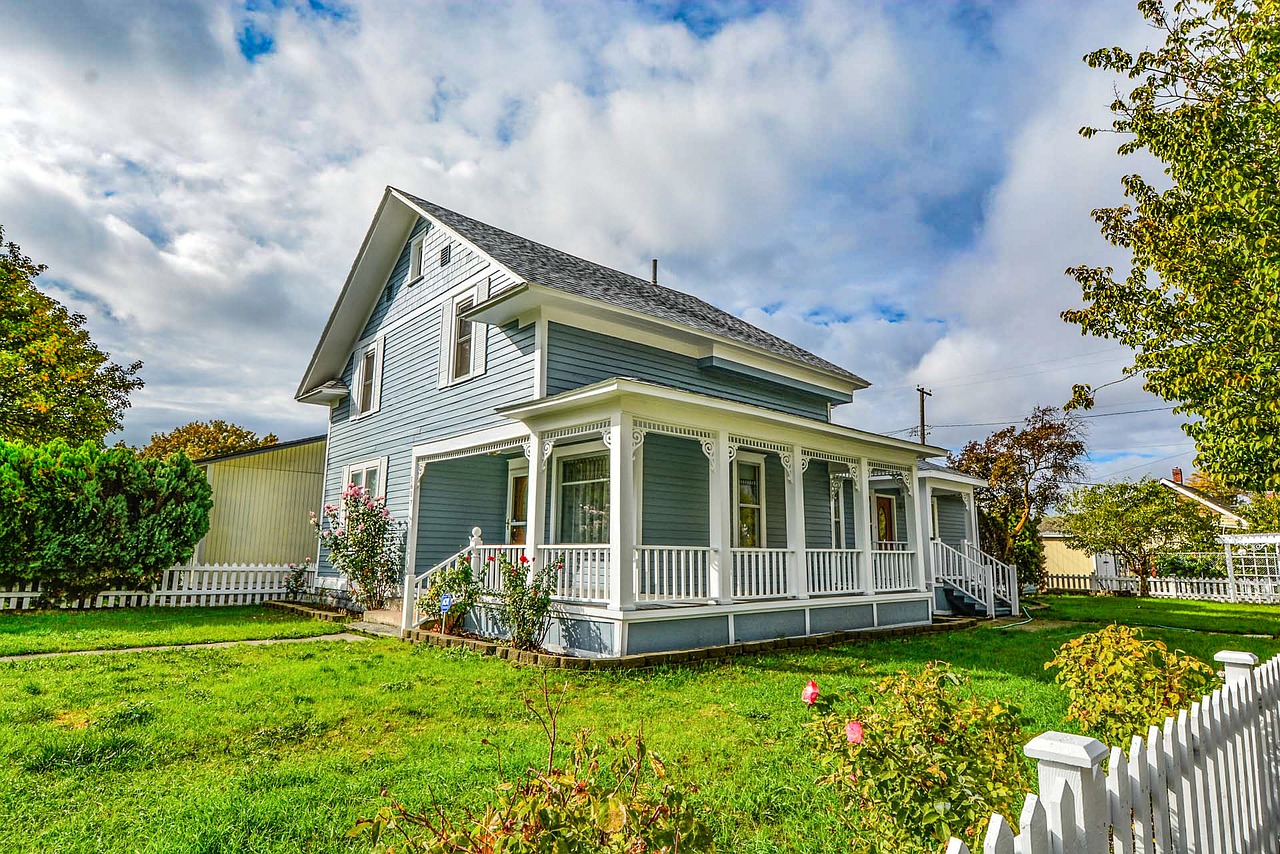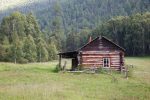Life in the city can be overwhelming. Everyone always seems to be in a rush, and it’s easy to feel disconnected from your work, family, and even yourself. That’s why many yearn to move out to the country. Away from the constant hustle and bustle, life tends to move at a slower pace. You can even have the space to build a productive home, and make things that provide value for you and your family.
But aside from being able to stop and smell the flowers, there are very real benefits to this type of living. If you need a bit of convincing, here are several reasons why country living can greatly benefit you:
Lower Cost of Living
Rural living is generally cheaper than city living. When it comes to the actual costs of residential properties, rural houses tend to be more affordable than homes in cities. The Minimalist Mom also points out other sources of savings, like less casual spending and cheaper groceries. Rural areas just don’t provide as many opportunities to spend money, as congested cities tend to do.
However, it may be an even better case if you choose to begin homesteading — growing your own produce, raising fowl, collecting rainwater, or even foraging for herbs. Maintaining a homestead requires a lot of equipment, which means you may have to shell out some money in the early months. Nevertheless, you do save costs in the long run as homesteading ultimately promotes sustainable living and self-sufficiency.
Nature at its Finest
Being around nature is proven to have physical, emotional, and mental health benefits for people. Although cities like Minneapolis and Washington, D.C pride themselves on wide, beautiful parks and gardens, nothing quite beats living in a place surrounded by nature everywhere you go.
Country areas are also a great environment for children to grow up in. When kids feel connected to nature early on, they generally have a better awareness of the world, as well as a great curiosity for the things around them. They are also likely to have the drive for environmental preservation in the future. Meanwhile, kids who grow up in the city may tend to be more close-minded, as a result of experiencing only one type of environment.
Open Space, Open Sky
Being in open spaces and in open air is thought to be more beneficial for kids. Nature Moms previously explained that it’s because they have wider room to play and be generally active. There’s plenty of room to breathe, and the children are free from city dangers.
For instance, cramped apartments can be claustrophobic for kids, while heavy traffic and unfriendly locals may cause even further stress. There are even structural threats to children’s safety. Yoreevo co-founder James McGrath told the story of how in cities like New York, building inspections were made mandatory due to falling bricks and windows hitting the ground and pedestrians below. While these have become less common now, there’s still the added costs of maintenance and regular inspections that homeowners have to worry about.
More Family Time
Since life is generally slower in the country, there’s plenty of time for family members to get together. There’s no rush hour traffic to think about, nor any other distractions. If you run a homestead, you can even use the many productive home activities to bond with your children and partner — such as tending to the garden, looking after sheep, composting, looking for weeds, and fermenting your own food and beverages.
Nature itself provides many opportunities for bonding. You can go fishing, walk in the woods, or swim in rivers. Cities may have some family-friendly activities available as well, but the costs of these activities and availability of family members are always going to be a barrier.
Less Stress
With nature all around you, less costs to worry about, ample family time, and open spaces to breathe in, you’ll have reduced stress levels overall. Here in the countryside, there’s no sense of urgency, and you’re welcome to relax all day. So if you think you’re ready to leave the city life behind, this is the perfect alternative for healthy, wholesome living.




